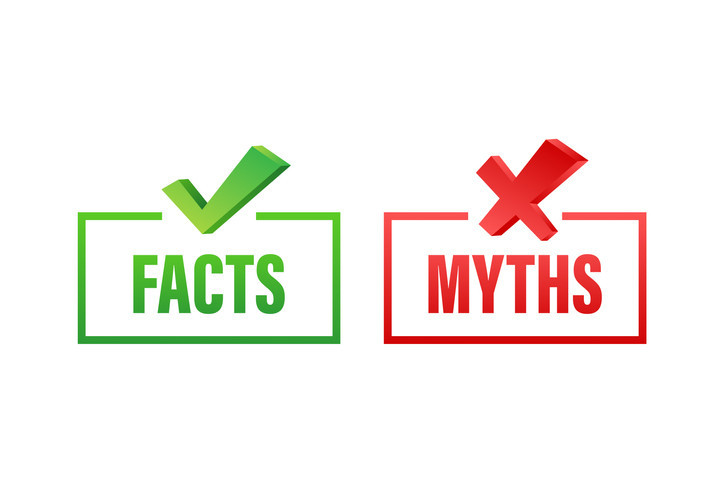5 commonly held myths about end-of-life issues

Some people don't have a health care power of attorney or living will because they don't realize how important these documents are. Others worry that such documents mean they are signing their lives away. Not so.
These powerful documents make sure that you get the treatment you would want for yourself if you couldn't communicate your wishes. Here are a few myths that shouldn't get in the way of creating a health care power of attorney or living will:
Myth: More care is always better.
Truth: Not necessarily. Sometimes more care prolongs the dying process without respect for quality of life or comfort. It's important to know what interventions are truly important. It's often impossible to know that in advance. That's where the advice of a health care team is invaluable.
Myth: Refusing life support invalidates your life insurance, because you are committing suicide.
Truth: Refusing life support does not mean that you are committing suicide. Instead, the underlying medical problem is considered to be the cause of death.
Myth: If medical treatment is started, it cannot be stopped.
Truth: Not starting a medical treatment and stopping a treatment are the same in the eyes of the law. So you or your health care agent can approve a treatment for a trial period that you think may be helpful, without any fear that you can't change your mind later. However, be aware that stopping treatment can be more emotionally difficult than not starting it in the first place.
Myth: If you refuse life-extending treatments, you're refusing all treatments.
Truth: No matter what treatments you refuse, you should still expect to receive any other care you need or want — especially the pain and symptom management sometimes called intensive comfort care.
Myth: Stopping or refusing artificial nutrition and hydration causes pain for someone who is dying.
Truth: Unlike keeping food or water from a healthy person, for someone who is dying, declining artificial nutrition or intravenous hydration does not cause usually cause any discomfort. In fact, many patients are able to avoid symptoms like nausea and bloating, and it may even lead to a feeling of mild euphoria in some..
Image: Oleksandr Hruts/Getty Images
Disclaimer:
As a service to our readers, Harvard Health Publishing provides access to our library of archived content. Please note the date of last review or update on all articles.
No content on this site, regardless of date, should ever be used as a substitute for direct medical advice from your doctor or other qualified clinician.












